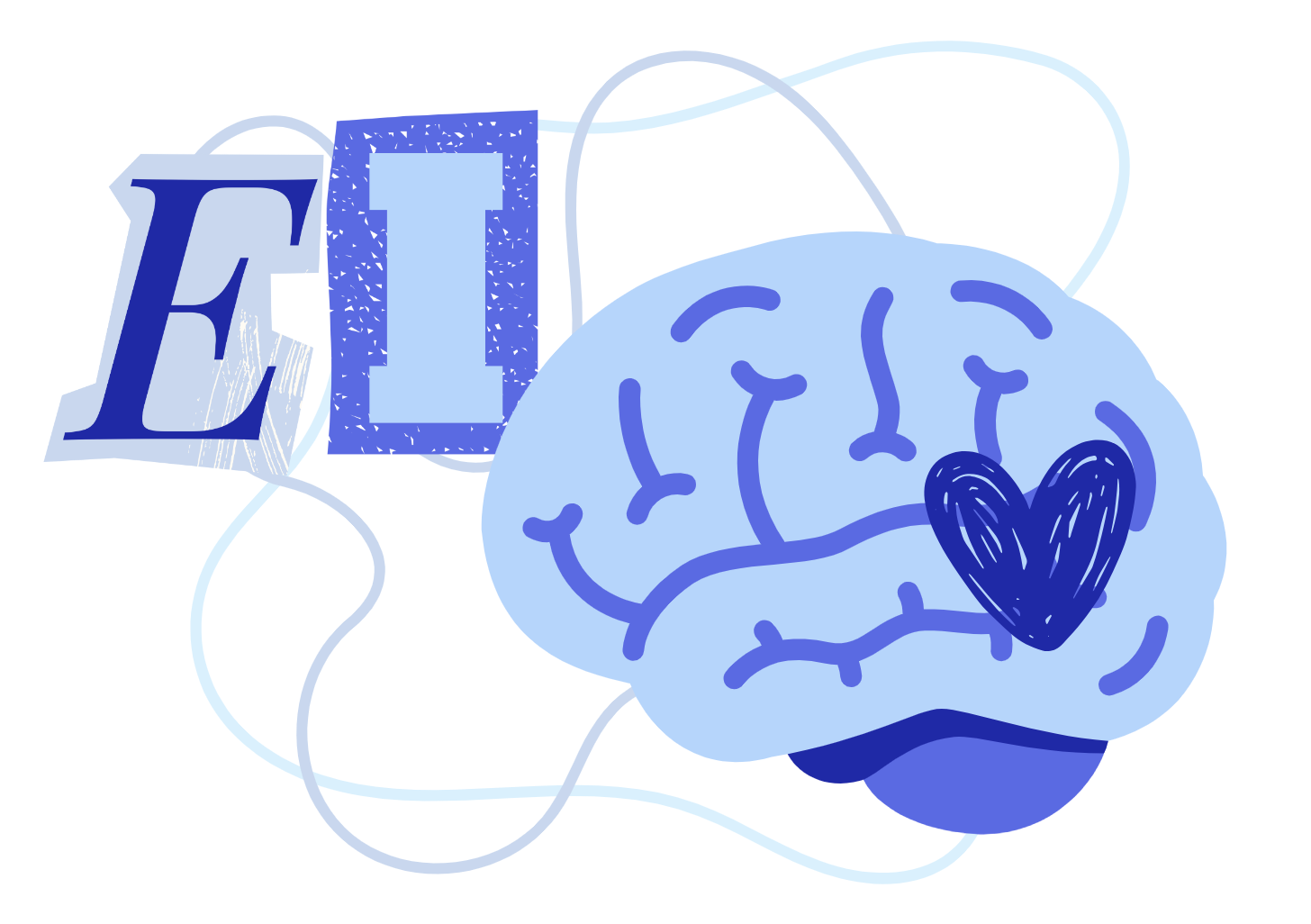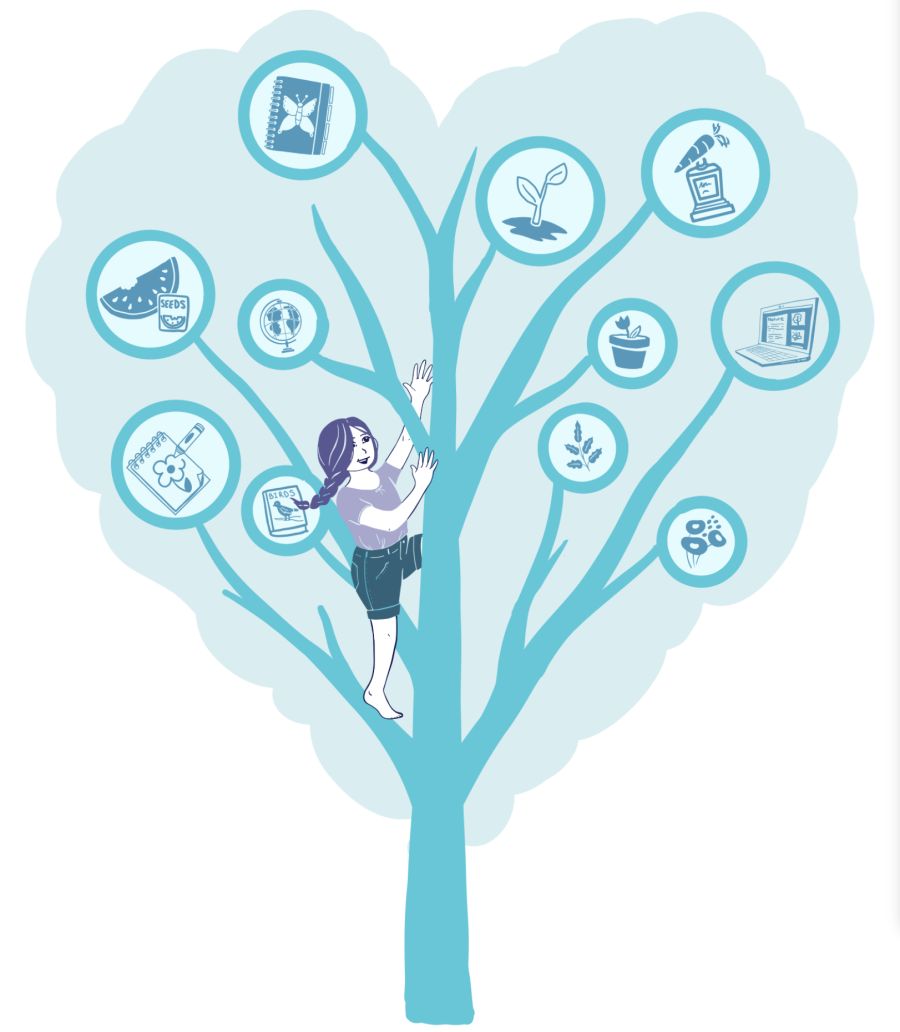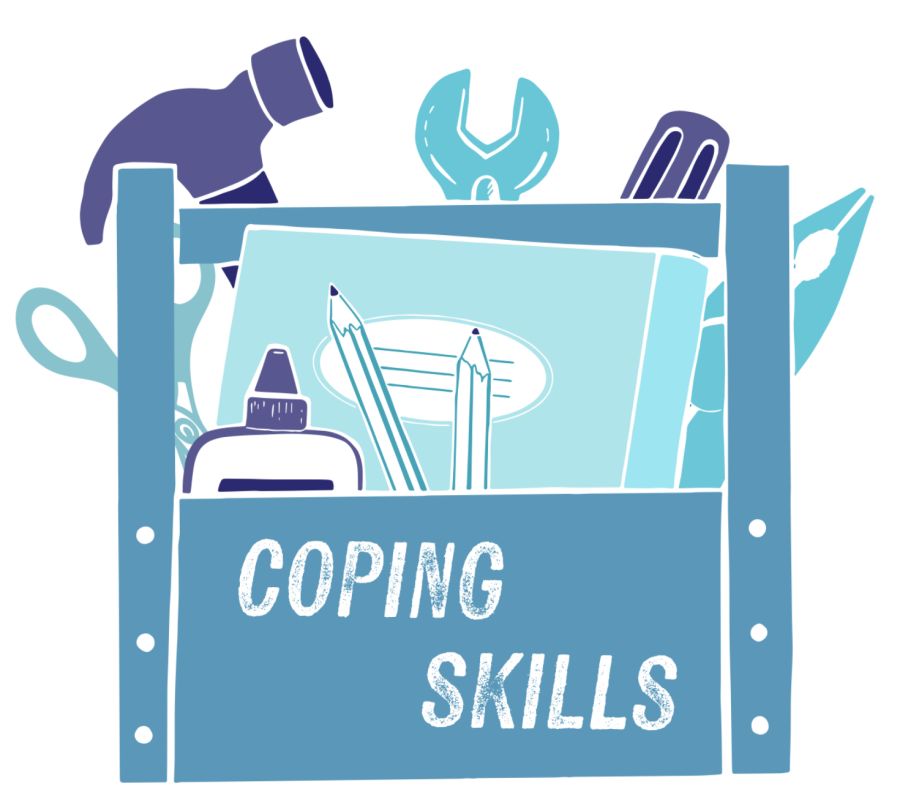What is Emotional Intelligence?
Published —

Emotional Intelligence, or EI, is defined as the capacity to be aware of, control, and express one's emotions, and to handle interpersonal relationships judiciously and empathetically. Similarly to how a person's intelligence can be measured by IQ, or Intelligence Quotient, we can use EQ, or Emotional Intelligence Quotient to measure someone’s EI. There are five key elements of EI, and they are Self-awareness, Self-regulation, Motivation, Empathy, and Social skills.
Everyone can benefit from having a stronger understanding of these five elements. With that in mind let’s briefly talk about each one.
- Self-awareness: This is about recognising and understanding one's emotions. Not only what you are feeling, but why you are feeling that way. Emotion self-awareness is also about seeing and appreciating how your feelings affect those around you. It is a core part of the decision making process.
- Self-regulation: This is all about how to manage one’s emotions in a positive way. This is where the idea of an “emotional toolbox” comes into play. Self-regulation coping tools, such as breathing techniques or fidget toys, are what help us maintain our rationality when flooded with emotions. It is important to note that one must first learn self-awareness before self-regulation. After all, how can you manage something you don’t understand?
- Motivation: This is about one’s drive to improve and achieve goals. Everyone is motivated by different things, so it is important to understand what motivates you might not motivate your child in the same way. In addition to individual preferences, some neurotypes have more difficulty than others when it comes to finding the motivation to achieve one’s goals. These difficulties can be seen as gaps in the motivation bridge of one’s mind. Crossing the bridge is earlier for neurotypes who have less gaps in their bridges. What is easy for you might not be so easy for someone else.
- Empathy: This is all about having an awareness of others feelings, and being able to put yourself in someone else’s shoes and see a situation from their perspective. If we look at the last element as an example, we can see that for someone with more gaps in their motivational bridge, empathy allows us to see their struggle. It allows us to see that they are not lazy, they just have to do more work to reach the same results.
- Social skills: This last element is all about the set of learned abilities that enable an individual to interact competently and appropriately in a given social context. Skills such as communication, friendship-making skills, interpersonal problem solving, and the ability to understand what type of behavior is considered acceptable in different environments, such as being quiet in a library.
Annalyse Tanzos
Related Articles That Might
Interest You

Neurodivergent Special Interest
Although special interests are most commonly found in those with Autism Spectrum Disorder, they act…

Coping Skill( CBT techniques and DBT techniques)
When it comes to coping skills, there are two popular techniques that are often taught. They are Co…

Directions and the Neurodivergent Brain
The neurodivergent brain is a beautiful thing full of contradictions and curiosities. Each neurotyp…